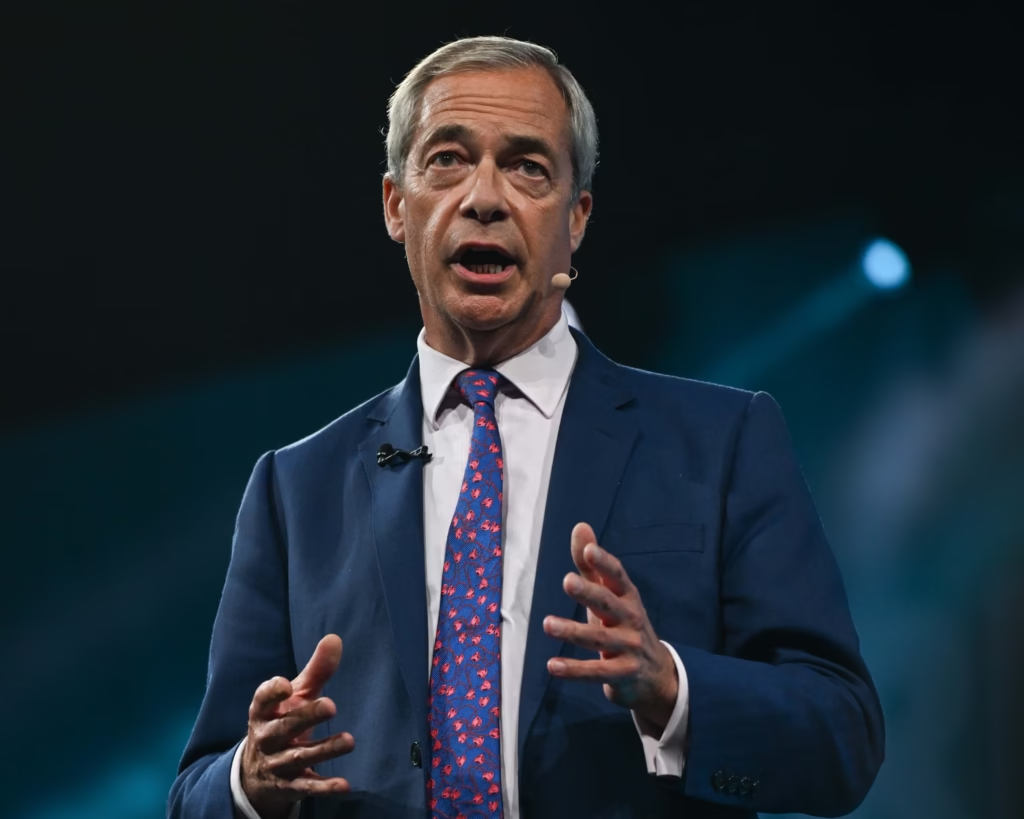Reform UK leader warns that trying to join forces with the former Prime Minister would betray public trust
Nigel Farage has firmly declared that Reform UK will not form an alliance with Boris Johnson despite calls for a united front. The party leader argued that Johnson’s record on immigration and pandemic policies still haunts his reputation. Farage insisted that voters will “never forgive” the ex-PM for broken promises and decisions that he says eroded public confidence.

A Clear Break from the Past
Farage’s refusal comes after former cabinet minister Nadine Dorries urged centre-right parties to set aside differences and unite behind Johnson. However, Farage dismissed the suggestion as unrealistic. He noted that Reform UK was founded on principles of stricter border control, lower taxes, and direct democracy—platforms he believes Johnson abandoned.
“We built Reform UK on trust. Working with Boris Johnson would be a betrayal of every voter who backed us to change politics for good.”
He accused Johnson of flip-flopping on Brexit, mishandling the Covid-19 response, and presiding over scandals that undermined faith in government. Farage claimed that the public remains angry over lockdowns, vaccine passports, and rapid spending increases—decisions he attributed to Johnson’s leadership.
Immigration as the Defining Issue
Immigration policy remains the cornerstone of Reform UK’s platform. Farage emphasized that Johnson’s government failed to deliver on promises to curtail uncontrolled migration. He pointed to record numbers of arrivals and loopholes he says remain unaddressed.
“We cannot unite with someone who let our borders be tested to breaking point. The British people voted for change, not for more of the same.”
This hard line on immigration sets Reform UK apart from both the Conservatives and Labour. While Johnson’s party has flirted with tougher language, Farage insists that only his movement offers genuine reform—and that any pact would water down those commitments.
Political Repercussions and Party Dynamics
The leader’s stance has immediate implications for right-of-centre politics. A coalition between Reform UK and the Conservatives could have reshaped the next general election, but Farage’s “no pact” policy closes that door. It also pressures Tory MPs who fear that vote-splitting on the right will usher in a Labour government.
Despite warnings, some Conservative figures see strategic advantage in neutralizing Reform UK. Yet Farage believes that any deal would erode voters’ trust in both parties. He suggested that Reform UK’s rise is a direct result of dissatisfaction with Johnson-era Conservatives and warned that alliance talks would prove fatal at the ballot box.
Looking Ahead
Reform UK will continue to campaign independently, focusing on its core message of sovereignty, economic freedom, and direct democracy. Farage pledged to push for a binding referendum on migration levels and to audit pandemic spending.
“We will not compromise where it counts. Our supporters demand real change, and that means standing alone.”
As calls for unity fade, the centre-right landscape in British politics looks more fractured than ever. Reform UK’s decision to go solo underscores the enduring divisions over leadership, policy, and public trust.





